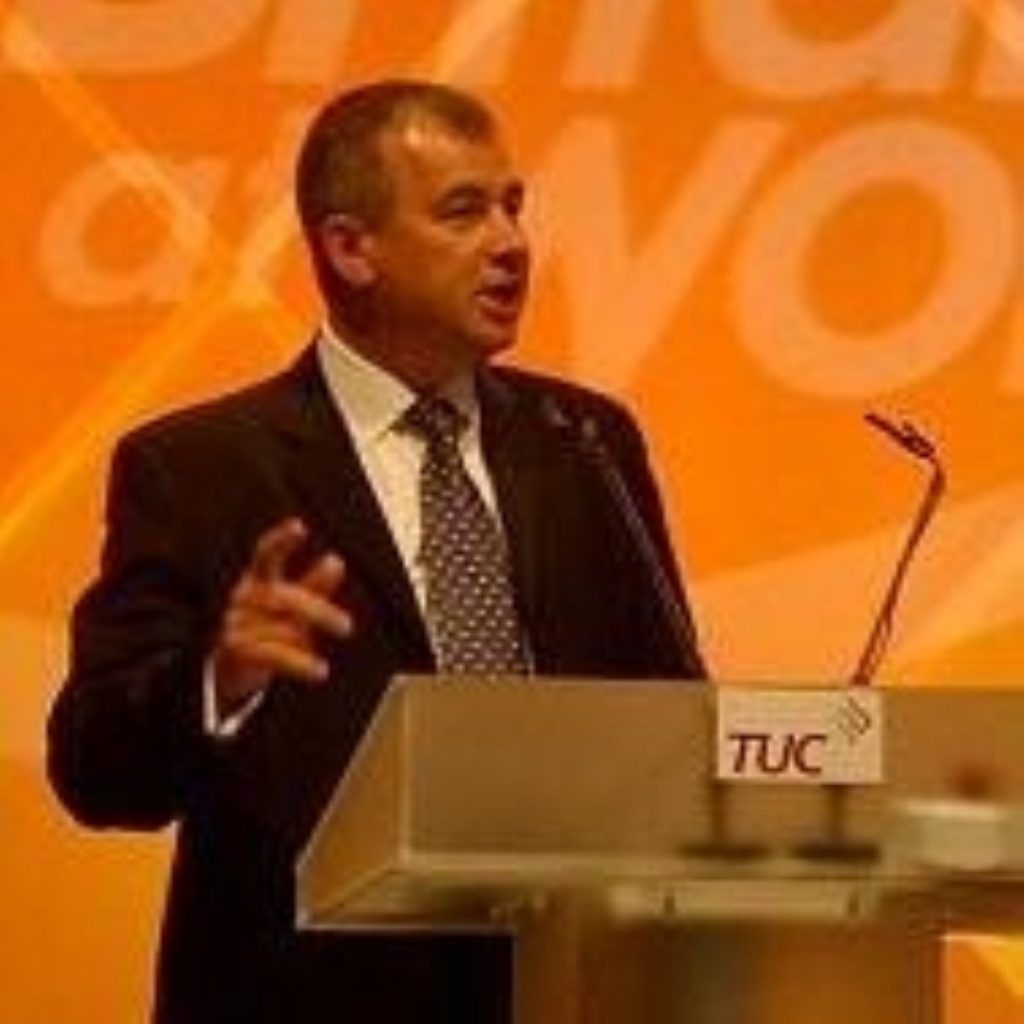Barber calls for ‘politics of equity’
Brendan Barber opened this year’s TUC congress with a call for a new national consensus working towards economic prosperity for all.
While warmly welcoming the achievements of the Labour government in tackling poverty, including tax credits, benefits and SureStart, he warned more must be done to halt the growing wealth divide.
The TUC general-secretary told delegates: “The children of the poor are more likely to face poverty in later life than thirty years ago – a terrible mark of the damage done by Thatcherism”.
Calling for radical action to deliver the benefits of economic prosperity to all, Mr Barber said few areas of public policy would not have to be reshaped, including schools, health and other public services.
And to meet child poverty targets, he said the government must spend more on tax credits and benefits – funded by tax from the so-called super rich.
Mr Barber argued while improving the opportunities for the poorest, the government would not be able to avoid scrutinising the richest, calling for a commission to look at the distribution of wealth and income.
Mr Barber refrained from calling for a return to redistribution based on high rates of income tax, acknowledging this had failed in the past.
The new consensus would be about the “politics of equity”, not the “politics of envy,” he explained.
He continued: “The truth today is that middle, low and no-income Britains are all paying a heavy price too for the growing wealth gap.
“House prices that follow top pay, not that of first-time buyers”.
Mr Barber repeated his call for the government to increase tax revenue by closing the tax loopholes enjoyed by the super rich.
“They simply have to learn that tax is not just for the little people,” he said.
Inequality will be a prevailing theme of this year’s congress, with the TUC yesterday publishing their list of top-ten inequality facts.
This highlights how the richest fifth of the population pay £18 tax on every £100 earned, compared to the £30 paid by the poorest.





-01.png)